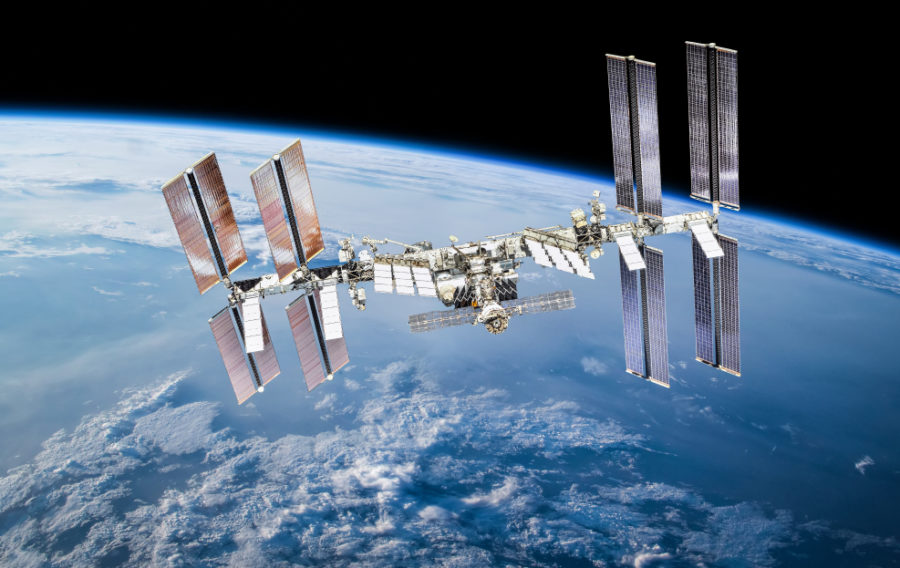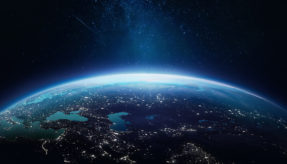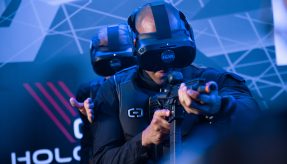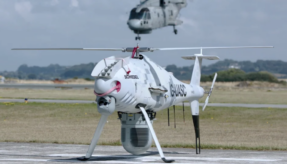
UK scientists are conducting a biomining experiment in space to investigate the effects of microbes on asteroidal material in space under microgravity conditions.
BioAsteroid, a biomining experiment, uses a collection of 12 automatic culturing devices fitted with a layer of material on which the bacteria will be grown in the KUBIK ISS incubator for 3 weeks.
This experimental apparatus, which flew to space station in 2019, is a miniature bioreactor which allows the scientists to study how microbes grow in space and what effect microgravity has on their growth.
The University of Edinburgh and Kayser Space have collaborated on the project which is the first European experiment to be fast-tracked to the International Space Station through the Bioreactor Express programme.
Libby Jackson, Human Exploration Programme Manager at the UK Space Agency, said: “This is another exciting step forward in the commercialisation of research and business in space.
“Enterprises such as Bioreactor Express allow anybody who wishes to carry out research or manufacture on the ISS the opportunity to do so. There is great potential for UK businesses and entrepreneurs to utilise the programme, which will help further reduce the costs of exploration and open the opportunities of space to a broader audience.”
David Zolesi, Kayser Space Managing Director, added: “Executing the entire BioAsteroid project within one year, the UK has positioned itself at the forefront of two activities that will define the future of the commercial exploitation of space: asteroid mining and fast-track access to microgravity.”
The experiment utilises Sphingomonas desiccabilis and Penicillium simplicissimum – two microbes that, when placed in a liquid, ‘feed’ from the rock surface, extracting ions. This causes the rock to break down and either form soils or release economically attractive elements in ‘biomining’.
Prof. Charles Cockell, University of Edinburgh, said: “By studying biofilm formation of these organisms on the asteroidal material in microgravity, BioAsteroid will investigate how space conditions ultimately affect microbe-mineral interactions, addressing questions on the biochemistry of the organisms, biofilm morphology and structure, fungal attachment and the ability of the microbes to break down rock, a key process for the future use of microorganisms in space exploration, including the mining of asteroids.”
The Science Verification Test for BioAsteroid will take place later this month in Edinburgh, where the microbes will be grown for the first time on the actual flight culturing hardware. The experiment is scheduled to be launched to the ISS with SpaceX in October 2020.
image from Shutterstock
If you would like to join our community and read more articles like this then please click here.







